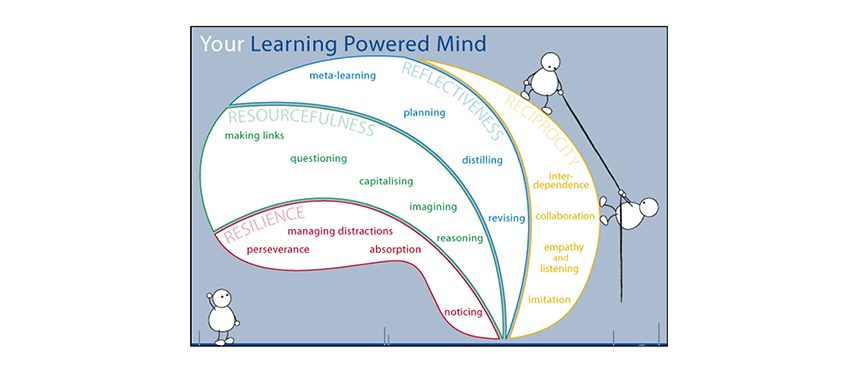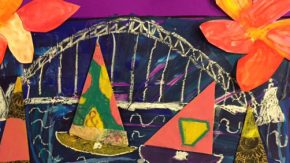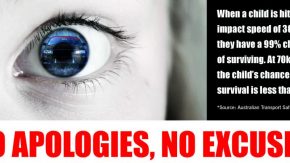The Importance of Building Resilience in Your Child
As many of you are aware, Building Learning Power (BLP) is our Learning Framework here at Wyvern. A fundamental part of BLP is teaching our boys to be more resilient in life. It is vital that we are all equipped with strategies to help us ‘bounce back’ when life throws challenges our way. And it will. As a parent of two (now rather grown up and hairy) sons myself, I know how tempting it can be to try and shelter our children from difficulties. However, in the long run, we are far better parents by instead teaching them to stand on their own two feet in when challenges come their way.
Resilience is not something you either have or don’t have. Whilst it may be true that some of us our naturally more disposed to ‘bouncing back’ than others, the good news is that strategies which help build resilience can be taught easily and practically in school and at home.
Perseverance & Stickability
As a component of the BLP framework, the resilient strategies focus on the emotional aspects of how we learn – teaching our boys to identify how they feel about their learning. We look at perseverance and teach our boys to stick with tasks that may be difficult. In doing so, Wyvern staff aim to explicitly enable the boys to be aware of their feelings of frustration and channel this energy productively. For example, some teachers display Getting Stuck posters in class, where each boy has identified a strategy that helps them when they find themselves ‘stuck’ in their learning. It may be taking a short break for one person, or examining the tricky aspect from a different perspective for another. The term stickability is one I often use when working with boys in this area. This silly but easily remembered word appears to help urge boys of all ages to exercise stickability and see a task through to the end.
Managing Distractions
Another important aspect of resilience in BLP is managing distractions. Here we aim to help the boys recognise and then reduce aspects that distract them within their learning environment.
Campfire, Waterhole, Cave
An example of supporting boys to become more aware of how they learn best in a distraction-free environment is the use of Campfire/Waterhole/Cave learning.
This involves creating three distinct learning environments for a particular task and allowing the boys to select which one they feel suits them best. The labels refer to:
- CAMPFIRE – boys choose to sit in a small group environment with the teacher, who guides them step-by-step through the given task. They have teacher support directly on-hand and feel secure when approaching their learning;
- WATERHOLE – tables are set up in small groups of 4-6 and boys learn together, collaboratively tackling the task as a team;
- CAVE – some desks are set up individually, where boys might feel comfortable tackling the task on their own, grappling with whatever challenges it may present alone.
When this technique is used in class, it depends on everyone working to 100% capacity and making the most of this learning opportunity. Teachers allow boys to move from different learning contexts if they desire. For example, a boy may start in the Campfire group, quickly gain confidence once he fully understand the task and then moves himself to Cave, where he can complete the task on his own.
These examples illustrate how easily, but nonetheless effectively, resilience can be built in students of all ages.
Later this term, Campbell Jenson, our School Counsellor, and I will be running a K-2 Parent Workshop on how you can help build resilience in your son at home on a daily basis. We are planning a number of fun and practical strategies that we hope you will enjoy and feel confident to use at home. The workshop will be limited in numbers to allow maximum participation. However, if we find that many families are keen to be involved, we will run more than one session. Keep your eyes peeled, more details in the next Wyvern!
For those of you with sons in older grades, fear not – we will run more age-appropriate sessions for you later this year – stay tuned!
Cate Fryda
BLP Learning Framework Leader
cfryda@newington.nsw.edu.au






